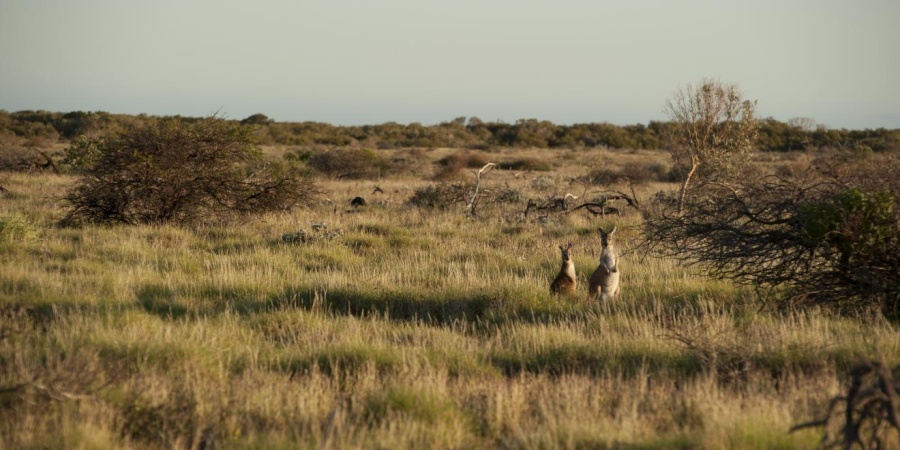
Kangaroos. Photo - DBCA
The Department of Biodiversity, Conservation and Attractions’ (DBCA) Parks and Wildlife Service is urging people to refrain from feeding native animals, following concerns about the number of visitors feeding animals in national parks.
Visitors travel from around the world to photograph Western Australia’s native wildlife and while many do the right thing, park managers are concerned by the number of people using food to get closer to animals such as kangaroos, for photos.
Parks and Wildlife Service senior ranger Christie Bentink said feeding wild animals can result in them developing bad habits, like encouraging them to beg for food rather than foraging or hunting for it themselves. In some cases, this reliance can lead to aggressive behaviour and pose a safety risk to people.
“People love seeing native wildlife in our national parks and reserves. While the experience is incredibly rewarding, it’s important that we keep these animals safe and independent,” Ms Bentink said.
“We know that people have the best intentions when they feed animals such as ducks, swans, quenda and kangaroos, but unfortunately it can be doing more harm than good.
“Food that is offered to animals may be highly processed or not suitable for them, and could be detrimental to their health, leading to disease and reducing their ability to bear offspring.”
“It can make animals sick and we don’t want them to become reliant on being fed by humans. They are wild animals and they need to be able to fend for themselves.”
Under the Biodiversity Conservation Act 2016 and Biodiversity Conservation Regulations 2018 penalties may apply to people feeding wildlife without approval.
Sick, injured or orphaned wildlife should be reported to the Wildcare Helpline on 9474 9055.